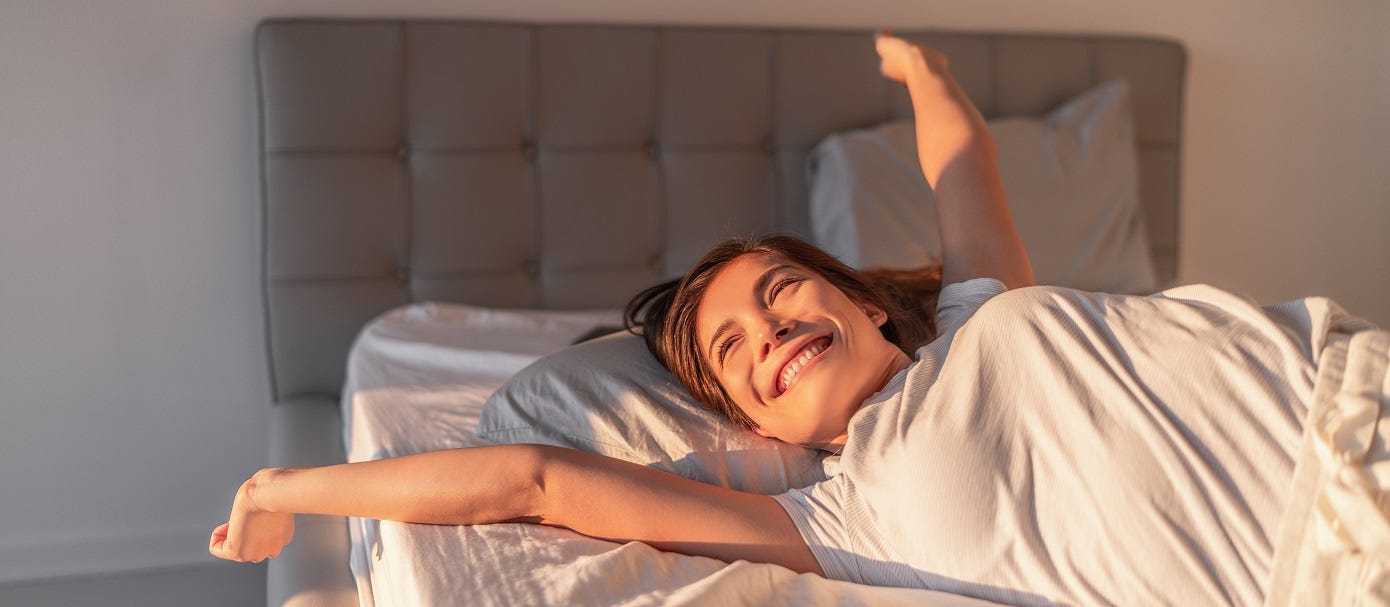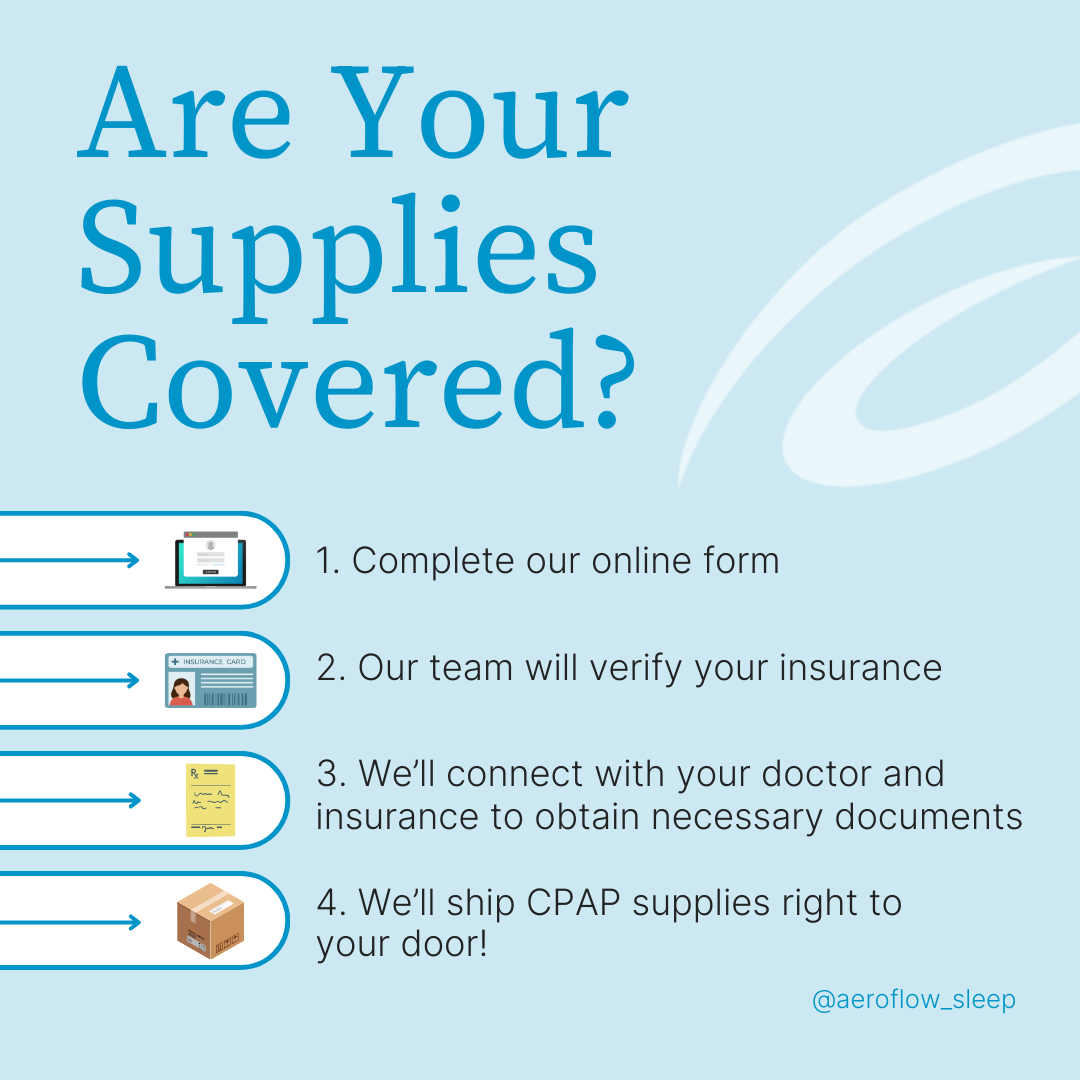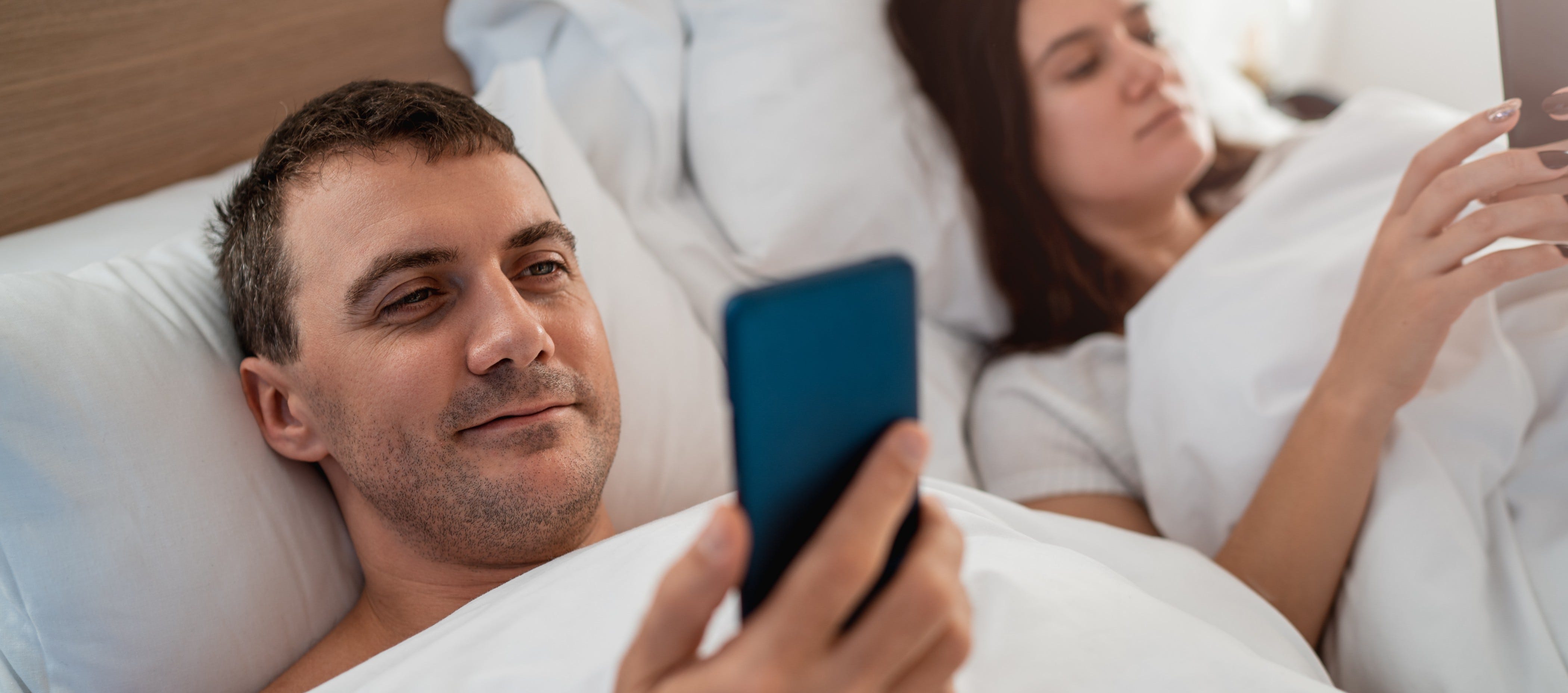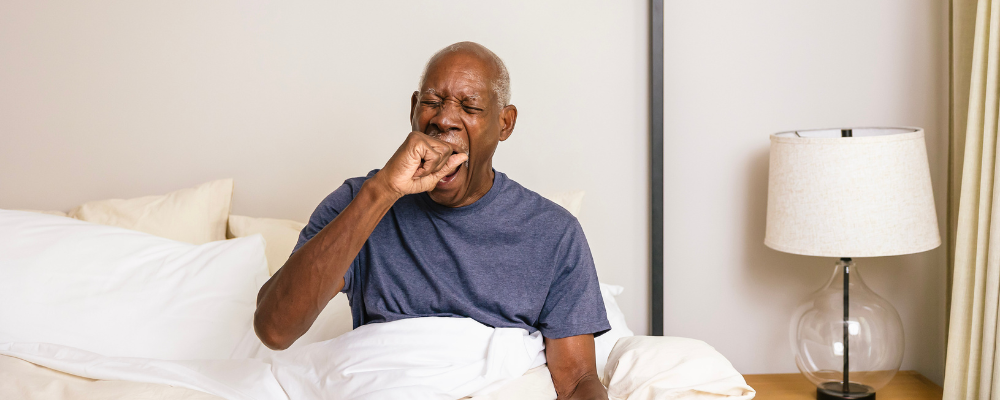If you have been recently diagnosed with obstructive sleep apnea (OSA) and just began your sleep apnea treatment, you are probably curious about how long it will take to experience better sleep. The answer to this question varies based on the treatment option prescribed by your healthcare provider.
While some sleep medicine experts may recommend oral appliances or surgical procedures, the National Heart, Lung, and Blood Institute deems the most common treatment option for sleep apnea: continuous positive airway pressure therapy, or CPAP therapy. Today, we’re outlining how long of an adjustment period CPAP users should expect for this popular treatment to work, plus when you should begin experiencing improved sleep quality.
What Is The Average Adjustment Period For Getting Used To A CPAP Machine?
The average adjustment period for getting used to CPAP varies person to person. Not everyone is immediately used to or comfortable with wearing a CPAP mask to sleep each night. In fact, Reddit users on CPAP have said it can take months to become fully acclimated to their CPAP treatment.
To adjust to your mask more easily, we recommend wearing your mask during the day while you complete daily activities; such as watching TV or reading a book. This will help you, not only become more comfortable with your mask, but it will also make it easier for you to fall asleep. You should especially try this before wearing your CPAP mask on the very first night.
If you continue to have issues with your mask after a couple of nights of use, ask your dedicated Aeroflow Sleep Specialist for help. You may even want to try a different mask. Your comfort is the most important part of your sleep apnea therapy, so it is important to find a mask that works best for you. Consider masks that offer “top of the head” tubing, which can increase comfort for different sleeping positions. We recommend the ResMed AirFit F30i Full-Face CPAP Mask.
The mask isn’t the only CPAP part that can make your adjustment easier; most modern CPAP devices offer technology that will help too. For example, all of ResMed’s machines include humidifiers to moisten the airflow; this feature ultimately helps reduce dry mouth and improve comfort. But the bottom line is this…
- It takes time to adjust to CPAP.
- The amount of time it takes is different for each person.
- How long it takes greatly depends on the CPAP equipment you have.
How Do I Know If CPAP Therapy Is Working For Me?
Symptoms like loud snoring, excessive daytime sleepiness, and high blood pressure are common in patients with untreated sleep apnea. However, after about 3 weeks of consistent CPAP use, many begin to see their symptoms improving. It’s important to note here that if you have severe sleep apnea, you are more likely to notice the positive effects of CPAP quicker than someone who has mild or moderate sleep apnea.
Not only will you begin to feel better, but you should also begin to see your apnea-hypopnea index (or AHI) lower. Your AHI is the number of times your breathing stops or slows while sleeping; anything below 5 is considered a normal, non-OSA level. But what should you do if you are not seeing any improvement? Check out the next section!
How Do I Know If CPAP Therapy Is NOT Working For Me?
If your CPAP is not working, there are several key signs that will let you know that you may need to make a change. If you are still experiencing sleep apnea side effects and/or continue to have a high AHI, it is important to notify your sleep specialist as soon as possible. In the meantime, here are a few reasons why your CPAP may not be working for you:
- Your pressure settings need to be adjusted. If your pressure is set too low, your upper airway may not receive enough air pressure to prevent your breathing from stopping or slowing while sleeping. Do NOT try changing your pressure on your own; reach out to your provider as soon as possible.
- You may need to try a different machine. CPAP may not be the best option for everyone. Other options include bilevel positive airway pressure (BiPAP) or automatic positive airway pressure (APAP;) these machines can help bring additional comfort for some.
- Your mask does not fit properly. If your mask does not fit properly, it can lead to mask leaks, face sores, and ultimately, discomfort. There are a variety of different CPAP mask sizes and styles including nasal, nasal pillow, and full face masks. Be sure to reach out to your dedicated Aeroflow Sleep Specialist for help in determining which mask is best for you.
IMPORTANT: Reach out to your provider as soon as possible if you are experiencing any issues or do not see any improvements after using your machine for several weeks.
How Quickly Can I Expect To See Improvements In My Symptoms After Starting CPAP Therapy?
We’ve said it before, and we’ll say it again; it takes most individuals at least a couple of weeks of consistent CPAP use to begin seeing improvement in symptoms. In the beginning, remember to show yourself grace and set a simple goal of wearing your mask for at least 4 hours per night. You will become more comfortable as time passes, and it will be easier to wear your mask all night long.
Keep in mind, most individuals will not see immediate results overnight; it takes both commitment and time to see symptom improvement.
Is CPAP Worth It?
Absolutely, CPAP is worth it! Sleep apnea is a serious medical condition that impacts your overall health and quality of life. While it may seem overwhelming at first, seeking treatment is critical to sleeping well and living better, regardless if it’s CPAP, APAP, or BiPAP.
If you or your loved one may have a sleep apnea, it is important to reach out to your doctor. Your doctor will likely have you complete a sleep study to determine if you have a sleep disorder or not. If you are diagnosed with sleep apnea, Aeroflow Sleep can help you get the CPAP supplies you need covered up to 100% through insurance. Start by checking your eligibility today!
References
“Sleep Apnea Treatment.” National Heart, Lung, and Blood Institute, U.S. Department of Health and Human Services, 6 Sept. 2023, www.nhlbi.nih.gov/health/sleep-apnea/treatment#:~:text=A%20breathing%20device%2C%20such%20as,common%20treatment%20for%20sleep%20apnea.
[u/Punkrulz] “How long did it take you to adjust to CPAP therapy?” Reddit, 11 Dec. 2021, https://www.reddit.com/r/CPAP/comments/rdtfp0/how_long_did_it_take_you_to_adjust_to_cpap_therapy/.
“Study Shows That CPAP Therapy Reduces Fatigue, Increases Energy in Patients with Sleep Apnea.” American Academy of Sleep Medicine, American Academy of Sleep Medicine, 21 Dec. 2010, aasm.org/study-shows-that-cpap-therapy-reduces-fatigue-increases-energy-in-patients-with-sleep-apnea/.









